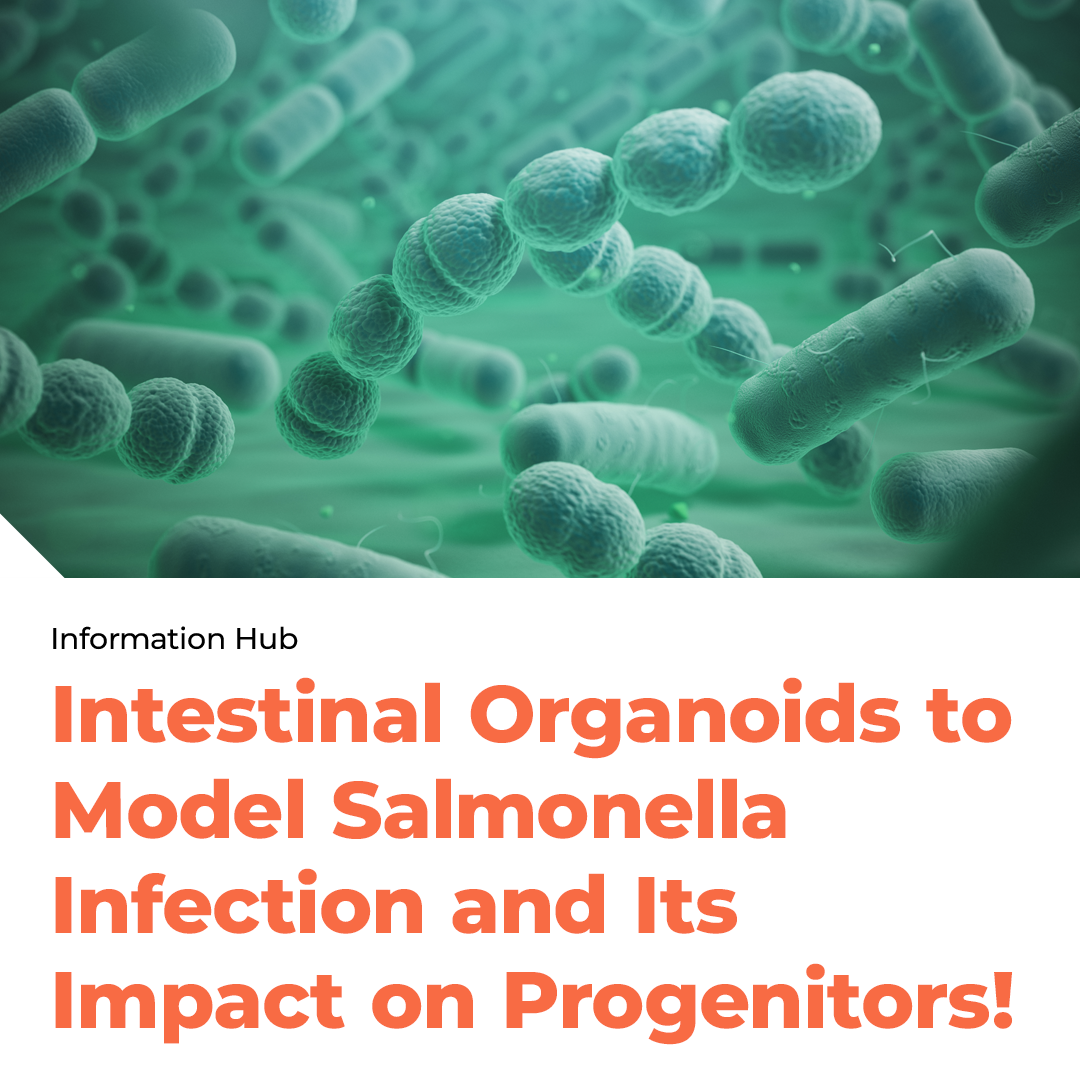Salmonella Typhimurium has developed strategies to invade intestinal epithelial cells within the crypts, crucial for its survival and replication. However, the effects of this pathogen on the stem cells and progenitors responsible for maintaining and renewing the intestinal epithelium are not well understood. To address this, researchers utilized intestinal organoids, which rely on stem cell and progenitor activity for growth, to study Salmonella infection effects on epithelial cell proliferation and differentiation. They compared their findings with an in vivo mouse model of Salmonella infection, noting that the caecum was particularly targeted.
Their analysis revealed that Salmonella infection increased the length of infected crypts and the size of organoids. mRNA profiles from infected crypts and organoids indicated heightened EGFR-dependent signaling, linked to reduced differentiation into secretory cell lineages. These results suggest that organoids effectively replicate Salmonella’s impact on intestinal stem cells and progenitors, offering a promising alternative to animal studies.
Overall, the dysregulation of the EGFR pathway by Salmonella in both models implies potential implications for crypt integrity and oncogenesis following repeated infections.
Keywords: intestinal organoids, salmonella infection, SARS-CoV-2









